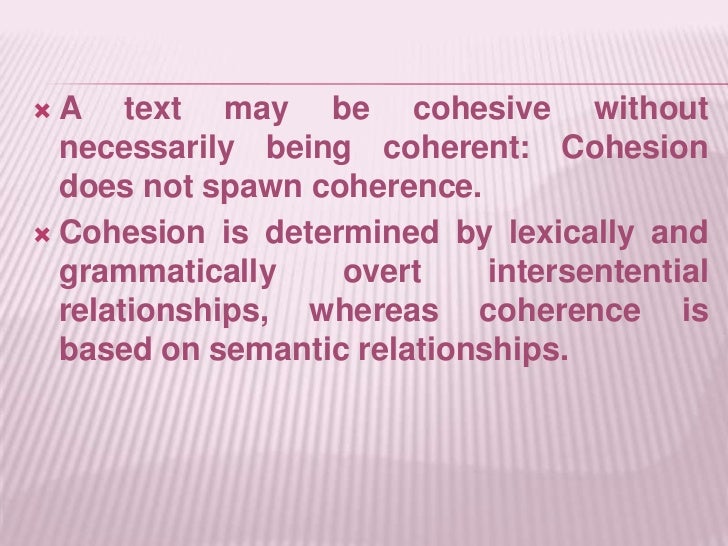


So, when we look over the writing task descriptors and find in the Coherence and Cohesion section it mentions “ideas and information” and arranging this information and these ideas “clearly” and/or “logically” as well as organising them into paragraphs, it’s telling us we should be thinking and planning, giving shape to our eventual written product from the very beginning making connections, seeing how the pieces fit together to make a whole, yes, a coherent whole. 50%.Īnd, and this is really big AND, at that interpreting the question, planning stage, we are already thinking about which keywords and expressions we should include in the essay and probably thinking too perhaps about sentence construction. The rest, from that first encounter with the task itself, to the planning stage and ensuring that the final draft fulfils the particular task requirements, falls under the domain of Task Achievement and Coherence and Cohesion.

Only the writing part in terms of the actual construction of sequences of sentences and choosing words to go in them, refer pretty much exclusively to the Lexical Resource and Grammatical Range and Accuracy features described in the exam descriptors.
Coherence and cohesion how to#
IELTS Writing, and it’s Task 2 I’m concentrating on today although the same could also be said about Task 1, is just a very specific test where the candidate has to read the question, understand what it means, know how to approach it, plan the answer to it, write the answer by fulfilling the requirements of the question at all times and, because it’s all in English, respect the rules and customs of the language both syntactically and semantically.
Coherence and cohesion free#
If you can write sentences that are free from grammatical errors, or as free as possible, and If your range of vocabulary is such that you have more than enough words, both general, everyday ones and some specialist vocabulary, then what else do you want? You can communicate in writing and that’s it, surely. That’s what language is anyway: Grammar and vocabulary. When you’re writing, the important things are your grammar and the vocabulary you use. In this episode, we discuss why coherence and coherence are worth 25% of your IELTS score.


 0 kommentar(er)
0 kommentar(er)
